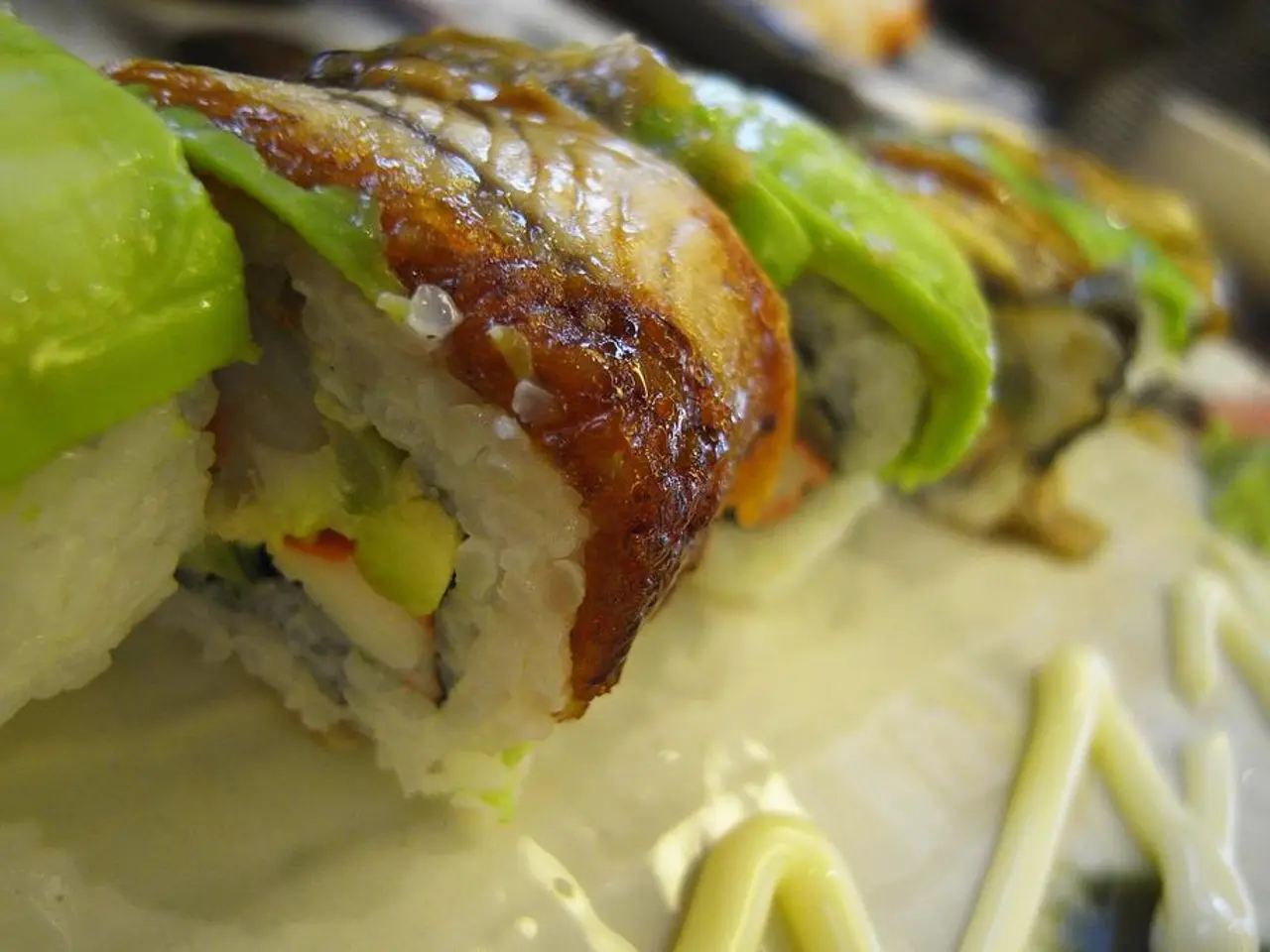Ensuring food supply is key to maintaining national defense and stability
In the face of mounting geopolitical and environmental risks, Taiwan is taking steps to strengthen its food security. The rate of food self-sufficiency in Taiwan, measured by caloric output, fell to an 18-year low of 30.35 percent in 2023 [1]. This alarming statistic underscores the need for action.
Taiwan's agricultural sector is highly energy-dependent, with food production processes relying on a stable fuel and electricity supply [2]. Disrupted typhoon patterns, rising temperatures, and increasingly erratic rainfall are affecting Taiwan's agricultural sector, shortening growing seasons, degrading crop quality, and reducing yields of essential staples such as rice and corn [2].
To address these challenges, Taiwan must focus on enlarging its domestic food production and diversifying crop varieties. Policies supporting domestic farmers, such as the promotion of local products in school meals, have shown positive results, improving agricultural workforce retention and cultivating land area [3]. By reducing heavy dependence on food imports, Taiwan can mitigate potential disruptions caused by geopolitical tensions or climate change.
A second crucial aspect is the integration of food security with energy and economic planning. Given Taiwan's reliance on imported fertilizers and energy resources, coordinated planning can mitigate supply chain vulnerabilities and support sustainable agricultural practices [1]. Investments in agri-tech innovations and cold chain logistics can improve food safety, quality, and export competitiveness [1][5].
Forging new international partnerships is essential to secure long-term access to bulk grains and meat. Recent agreements to increase U.S. grain and meat imports to $10 billion over four years serve as a prime example [3]. Collaboration with countries like India for food and energy security cooperation can diversify Taiwan’s import sources and supply chains, alleviating risks from geopolitical tensions [2]. Partnerships in agri-tech, such as collaborations with entities like FutureAg and Taiwan Smart Agriweek, can accelerate technology transfer and innovation in sustainable farming and food processing [5].
In summary, Taiwan should: 1. Expand and diversify domestic food production, tailoring efforts to address nutritional needs and vulnerabilities. 2. Integrate food security with energy and economic planning to build resilience. 3. Develop strategic international partnerships to stabilize imports and exchange agricultural technology.
These combined steps address Taiwan’s unique challenges as an island with limited farmland and high import dependency while navigating complex geopolitical and environmental risks [1][2][3][5]. As Beijing builds buffers against climate risks, geopolitical pressure, and war contingency planning, Taiwan needs to elevate food security to a strategic priority [4].
References: 1. Taiwan News 2. Council on Foreign Relations 3. Taiwan Today 4. Visegrad Insight 5. FutureAg 6. Taiwan Smart Agriweek
- To ensure a sustainable lifestyle and food security in the face of political uncertainties and changing climate patterns, Taiwan should consider expanding and diversifying its domestic food production, integrating food security with energy and economic planning, and forging international partnerships for long-term access to essential agricultural resources.
- Beyond focusing on food-and-drink security, Taiwan must also prioritize policy decisions in general-news areas such as energy policy, economic planning, and international diplomacy, to combat the potential disruptions caused by geopolitical tensions or climate change.







